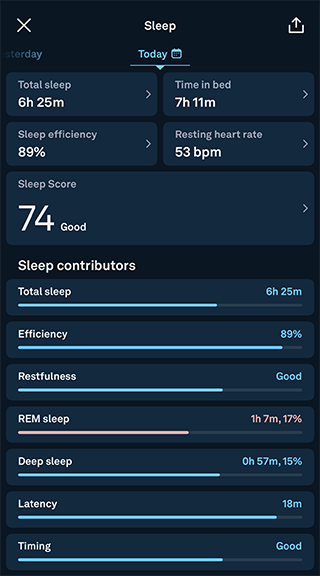文献情報
| タイトル | |
|---|---|
| Sleep Tracking: The False Dichotomy between Manual Methods and Automation with Wearables | |
| 著者 | |
|
|
| アブストラクト | |

Self-tracking is able to encourage positive behavioral changes in individuals who monitor 24-hour behaviors such as physical activity, sedentary behavior, and sleep. Sleep in particular can be improved through manual self-tracking using digital interventions that are equipped with Change Behavior Techniques (BCTs). Wearable devices automate both the process of collecting personal data and the act of aggregating insight from the information, but this leaves users feeling disengaged from their devices. We explored the lived experiences of 8 long-term users of the Oura Ring, a sleep monitoring device, to examine the potential reasons behind the inability of sleep wearables to affect change in spite of the accuracy of its captured objective data. We compare the features and differences between manual and automated self-tracking and potential solutions for improving the impact of the modality. |
|
| 雑誌名 | |
| インタラクション2025論文集 © 2025 情報処理学会 |
|
| 論文ID | |
| 3P-78 | |
| ページ | |
| 1354-1358 | |
| 発行日 | |
| 2025年2月23日 | |
| 発行所 | |
| 発行人 | 一般社団法人 情報処理学会 |
| 住所 | 〒101-0062 東京都千代田区神田駿河台一丁目5番地 化学会館4F |
| TEL. | 東京 (03) 3518-8374 (代表) |
| sig@ipsj.or.jp | |